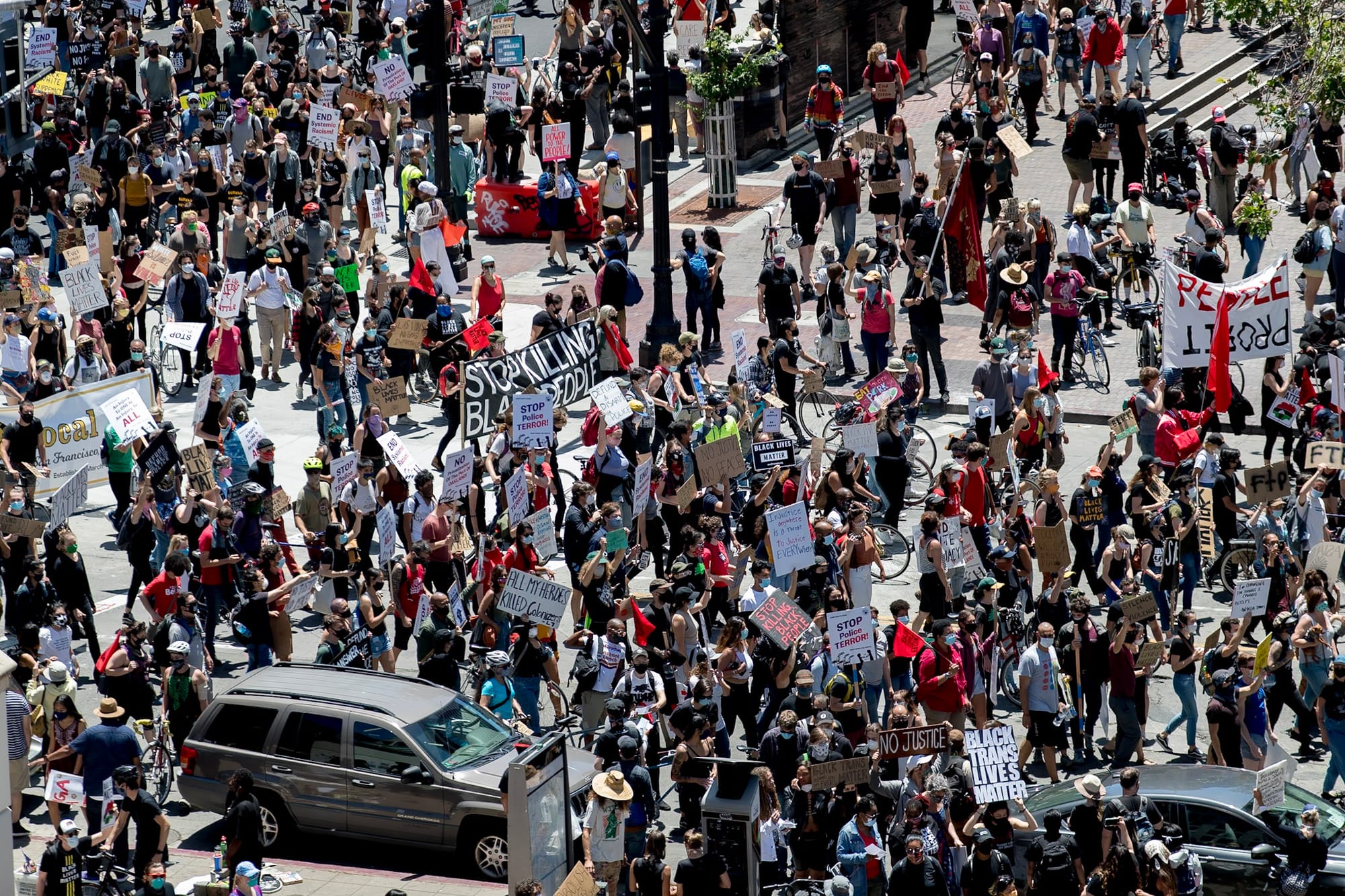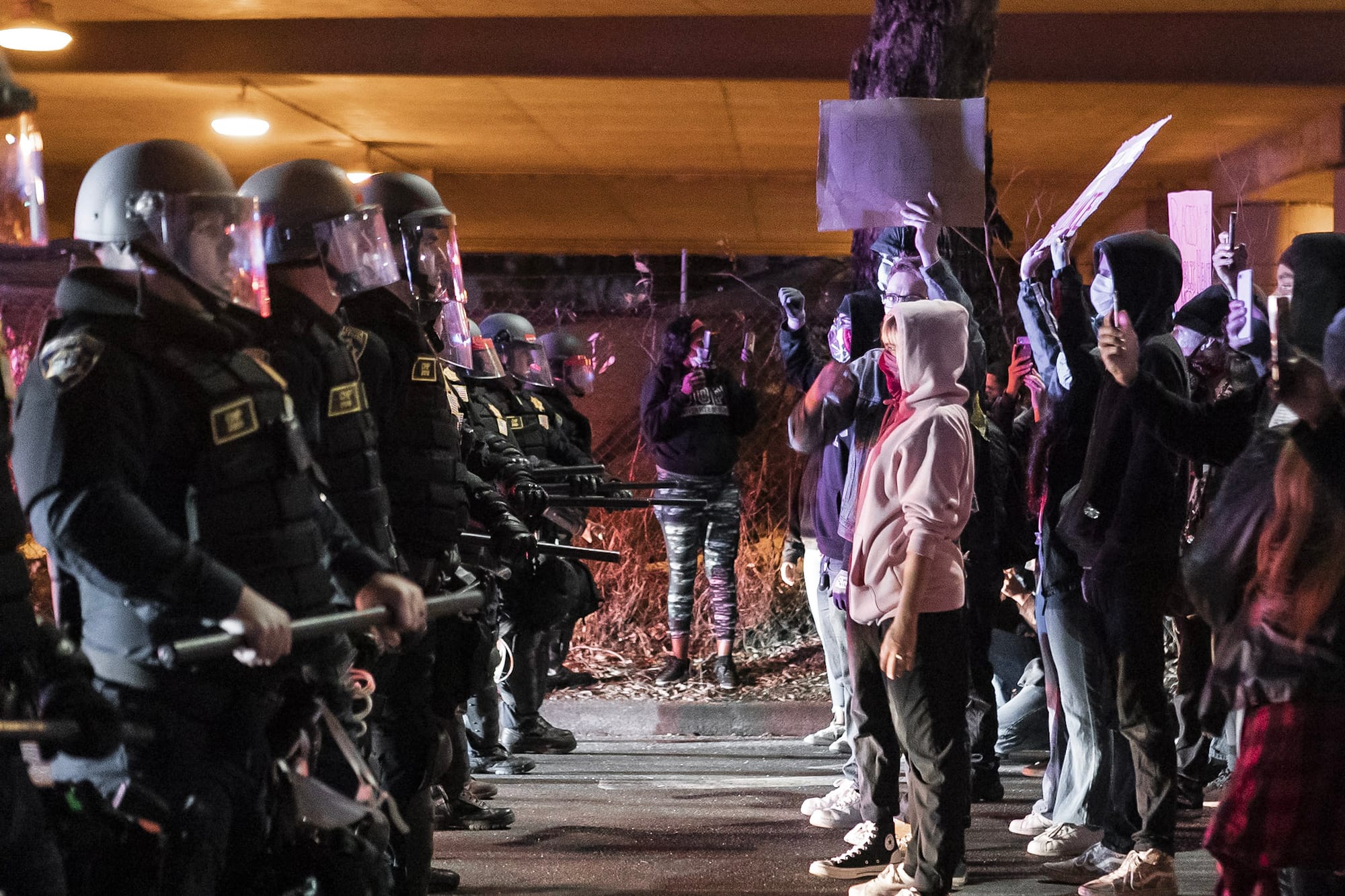If You Build It, They Will Come: How Neighborhood Sports Club Built a New Field in Oakland
Oakland historically lacks soccer fields. But a group of local players and community advocates hopes to kick off a brand-new space — featuring soccer, coffee, retail, and more.











